Nau Mai Te Anamata - Tomorrow's Skills
- Emma Godwin
INTRODUCTION
It’s a fact, the future of work is changing at an increasingly alarming rate, and even more so in a world dominated by COVID-19. As we look to the future there is a need for agility, adaptability and shifting mindsets if we are to
build sustainable and resilient career paths.
Most urgent is the need for a shift of focus from jobs to skills when considering the future of work. While the short-term impacts of the pandemic have and continue to be devastating for many, the data tells a story of optimism, one with opportunities for innovation and forward thinking, of empowering us to imagine a better/different future, one we could never have imagined when COVID first struck. We live in a world historically unbending in its singular thinking around qualifications as the ‘be all and end all’ of employment. The higher the qualification the more prestigious the job, and the accompanying pay packet, with little attention paid to the human, enterprise and specialised skills learnt on the job. This one dimensional approach is yet another stark reminder of the existing hierarchy of privilege that has impacted many generations of Māori. The concept of a skills-based approach to employment is a massive leap forward in creating more equitable futures.
The data tells us that the skills that people have traditionally relied on are not necessarily the ones they will need in the future. As smart machines increasingly take over many of the more manual and routine aspects of jobs, enterprise skills e.g. communication, teamwork and problem-solving will become much more important. Across the board we need to shift mindsets: rangatahi, employers, educators, parents and policy-makers regarding our approach to education and employment. A career for life is a thing of the past.
Jobs will continue to change with ongoing progress in technology, creating a future that needs workers to be agile and think more about their skills, not just jobs.
A qualification is a key to a door however, your kete of skills is something you carry with you always, and that you can add to continually over your career. Interpersonal or human skills are the currency of the future. These are often referred to as soft skills. They are transferable and when recognised by employers can result in higher pay levels earlier on in your career.
